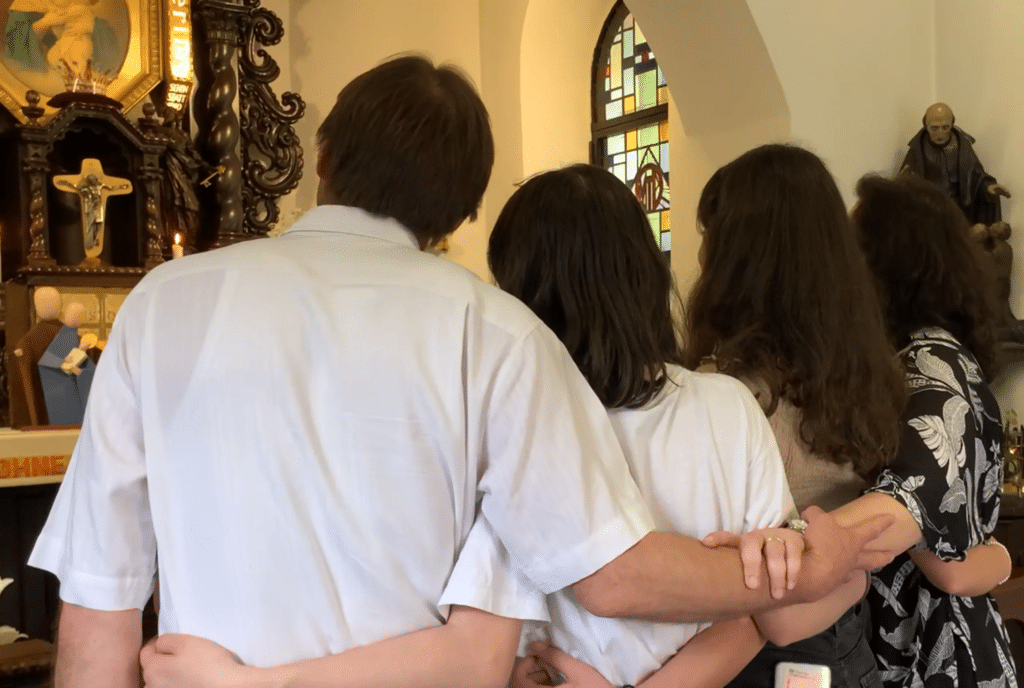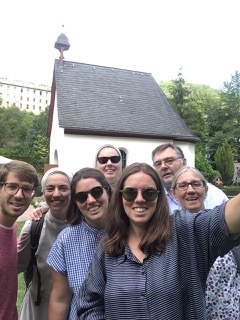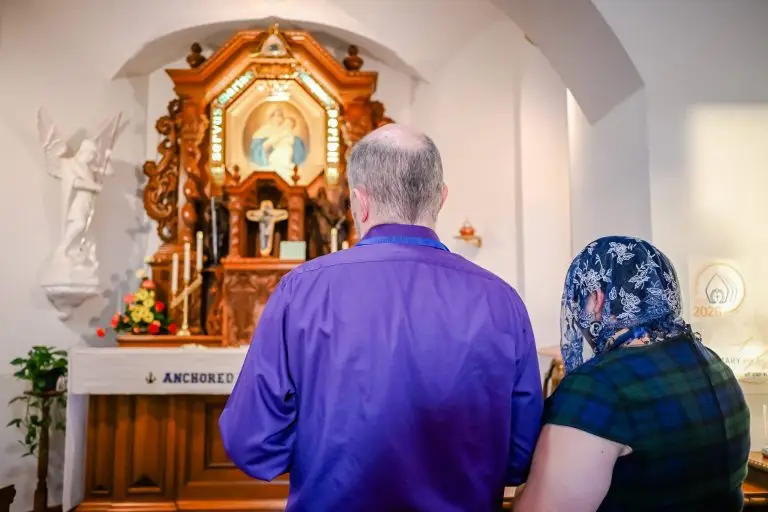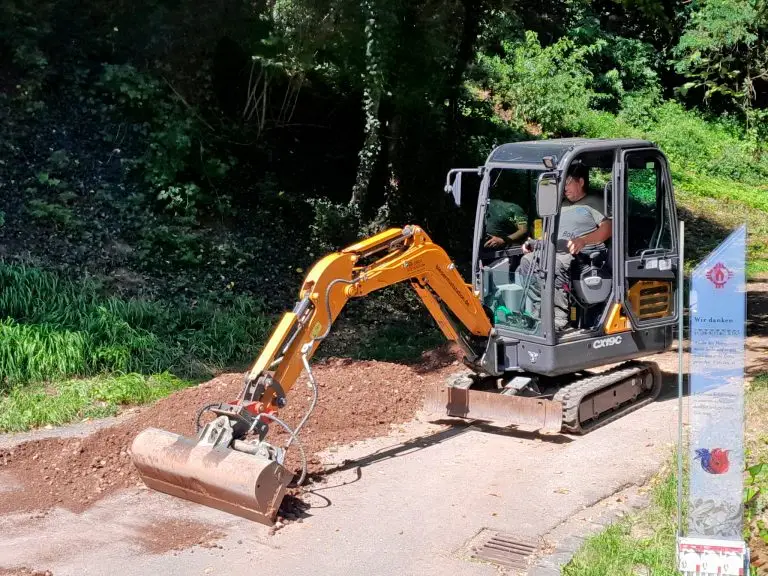Different topics of Amoris Laetitia were discussed: marriage catechumenate, formation of pastoral agents, family missionary life and companionship, discerning and integrating the fragility of families (chapter VIII of Amoris Laetitia). Clear foundations were given for the different topics as well as the testimony of different communities or movements on how they implement it in their lives.
Interview with Rafael and Cristina Munhoz by Father Heinrich Walter

Three couples from the Schoenstatt Movement participated in the Forum. Cristina and Rafael Munhoz talked to us about their experience in an interview for Schoenstatt.com. They are members of the General Council of the Schoenstatt Institute of Families, have five children and live in Barcelona, Spain.
What impressed you the most during the Forum?
What impressed us most was the freshness of the meeting, the vitality, the desire to work for the mission, each one from his charisma and his own possibilities. We were also impressed by the number of participants from all over the world, about 220, among representatives of the different Episcopal Conferences and different movements. The Dicastery for the Laity, Family and Life’s efforts to face all the challenges and difficulties was commendable.
Different topics of Amoris Laetitia were discussed: marriage catechumenate, formation of pastoral agents, education of children, marriage spirituality, family missionary work and companionship, discerning and integrating the fragility of families (chapter VIII of Amoris Laetitia). Clear foundations were given for the different topics as well as the testimony of different communities or movements on how they implement it in their lives.
For us it was very interesting to see the mixture of different charismas that give a great richness and vitality to the family ministry. The interest in being able to work side by side between families and pastoral agents was an important topic. It has become clear to us from this Forum that we have to sow much to reap little and we have to ask for grace and joy in a time of scarce fruitfulness. After listening to all the contributions, we realized that we have to continue working hand in hand, conscious that we have been asked, above all, for creative fidelity.
What difference in situations and challenges could you perceive between continents and cultures?
Since it was an online encounter, there was no opportunity for great exchanges but, through the chat, concerns and challenges were expressed and, although they were not dealt with, they remained as concerns presented to the Dicastery. The most universal and relevant questions were presented during the exchange at the end of each topic and were answered by the speakers on that topic.
We know and feel that we are an evangelical and apostolically weakened Church in a powerful society. But neither the Christianity of the past was as solid as it is believed, nor the present one as weak as it seems. What we were able to verify is that we must all together promote Christian initiation from the family basis. A true initiation is something much more than indoctrination. Initiation is awakening to the experience of faith and from that faith enriching its contents, orienting the moral life, familiarizing with the Word of God and with the great symbols of the liturgy, cultivating the sense of community, opening the sensibility to serve society and this is a fact that, through the conversations, was manifested as a necessity in all continents.
Was there a common goal towards which you were aiming together?
To revitalize the family as a preeminent instrument of evangelization. The Dicastery, in a way, is laying with this meeting the foundations to prepare the future from the present situation which entails the need to renew our pastoral style, called to be more spiritual, more evangelizing, more co-responsible, more personalized, and more focused on the formation of the pastoral nucleus of our communities.
Schoenstatt has a strong Family Movement and proven experience with family work.
What is Schoenstatt’s most needed contribution at this time?
As Schoenstatt families we are bearers of a charisma and a pedagogy that offers answers to the needs of the Church regarding family issues nowadays. We must become more aware that we are bearers of a mission for the service of the Church. We have a great ally for this, Mary, our Mother, who from our Home Shrines urges us to do so.
What do you wish Schoenstatt would take back from this Congress?
Being faithful to our Father and Founder in the sense of “hand on the pulse of time and ear on the heart of God” we must recognize the Spirit, discover the signs of His presence, and collaborate with Him with docility and humility. Perhaps we could say that we would like to see the return of audacity, to go out of our comfort zone. Schoenstatt is a movement, not a brotherhood with fixed forms. That is why, now that the world is bleeding, we couples must become Marys who see all needs with her eyes, and we must reawaken our faith and trust in God. Along this line, one of the great calls to us families is to learn how to listen: to listen to God, to listen to His Word, to be faithful to the Practical Faith in Divine Providence as our Founding Father wanted. To listen to our communities, to listen to our spouses, to listen to the young and the old, to those belonging to other generations, to those who think differently. Listening presupposes receptivity and humility, patience and acceptance, openness of heart to allow ourselves to be inhabited by others. In this sense, Paul VI’s encyclical Ecclesiam Suam (1964), which offers us a whole theology of listening and dialogue as a requirement for renewal, retains all its validity.
Did you see any notions that should go from the Congress to the Schoenstatt Family Movement worldwide?
The Congress invites us to be the Church, to place ourselves at her service so that we can bring her the “Schoenstatt Good News”. We must be well formed to put ourselves at the service of the pastoral ministry of marriage in our parishes and dioceses.




